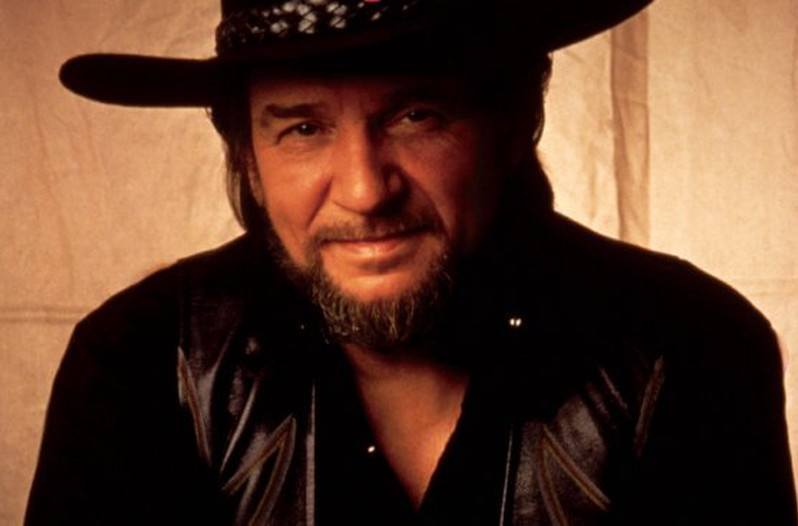
About the Song
Released in 1972 on the album Good Hearted Woman, Waylon Jennings’ version of “Willie and Laura Mae Jones” stands out as a thoughtful reinterpretation of a song steeped in charm and modesty. The track was originally penned by Tony Joe White and first recorded in 1968.
In Waylon’s hands, the story of Willie and Laura Mae—two folks quietly making their way through life, working, loving, and simply being—becomes a snapshot of everyday grace. His vocals carry that laid-back confidence he was known for, bringing a warmth to the lyrics that invites the listener in. The arrangement follows the roots of country storytelling: steady rhythm, unobtrusive instrumentation, and the spotlight firmly on the narrator’s voice and the narrative.
Within the context of the album Good Hearted Woman, this song sits among other tracks that helped redefine Waylon’s image at the time—moving toward the more authentic, less polished sound that would come to define the “outlaw country” movement. What’s compelling is how Waylon takes a song originally written by another and makes it his own—not by radically changing it, but by infusing it with his presence, his tonal inflection, his lived experience.
For older listeners who have walked a winding path themselves, “Willie and Laura Mae Jones” resonates with humility. It’s not about grand heroics or flashy love stories—it’s about shared years, simple truths, the kind of love that endures because it isn’t dressed up. That makes it quietly powerful.
In summary: Waylon Jennings’ take on “Willie and Laura Mae Jones” is a gentle but meaningful moment in his catalogue—one that reflects his evolving artistry and continues to speak to the value of ordinary lives lived together.